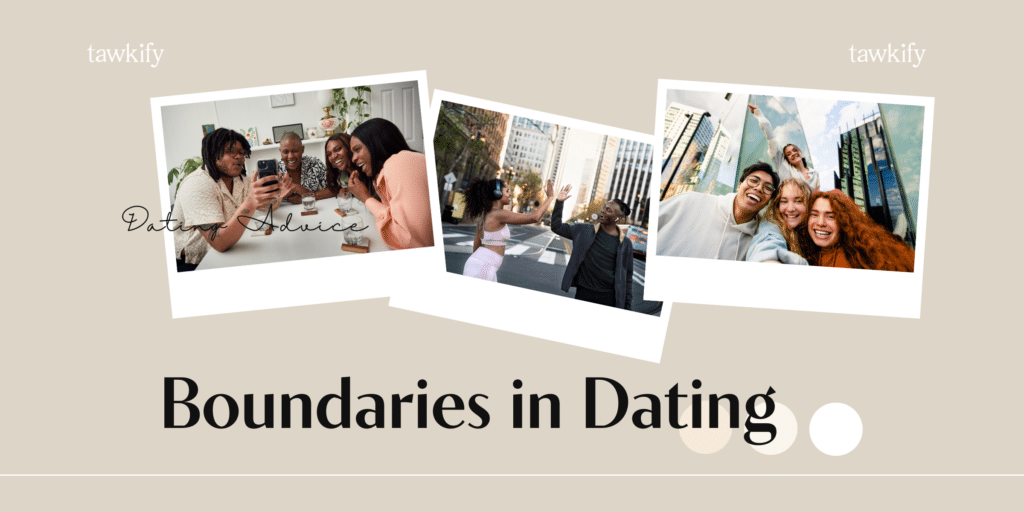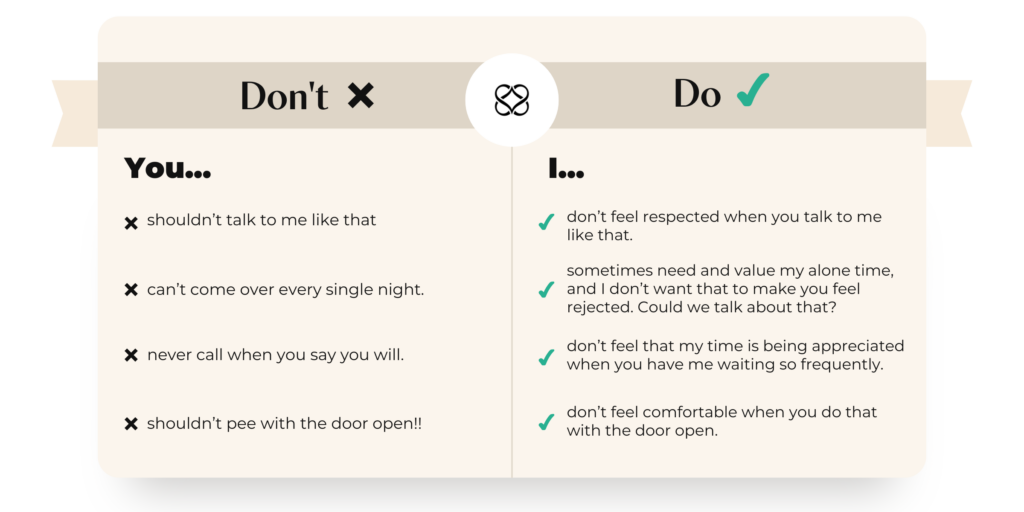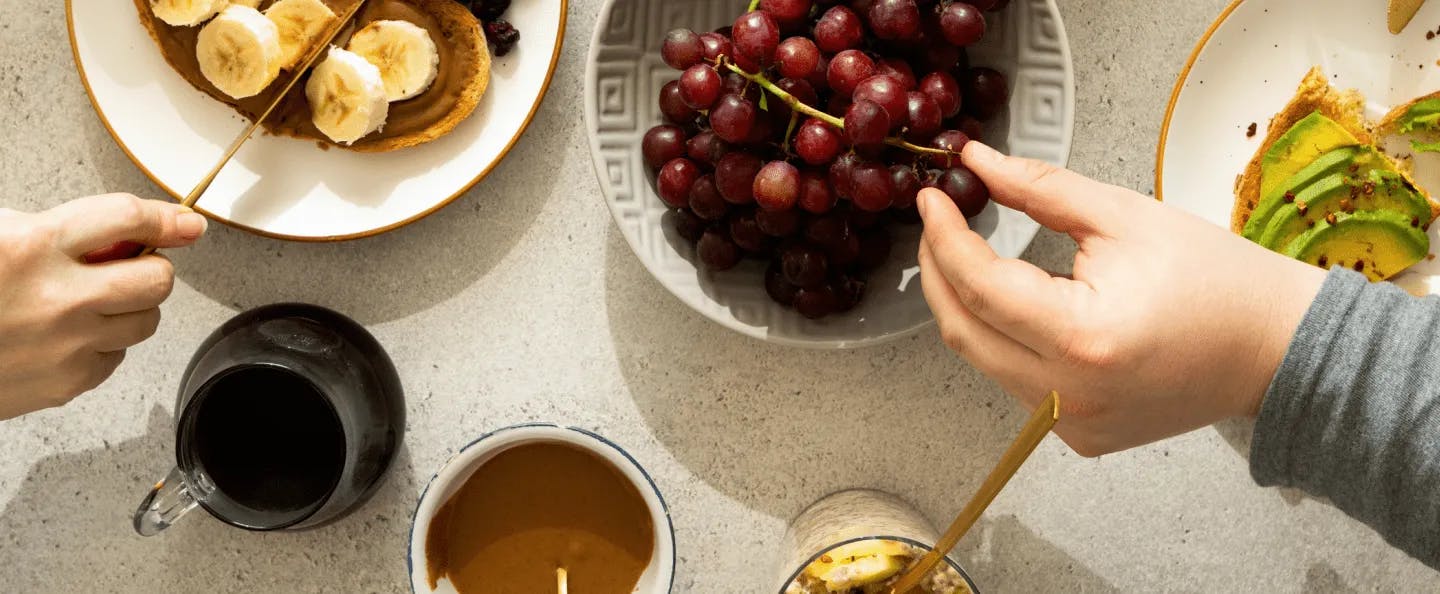The Importance of Setting Boundaries in Dating

Whether you’re out playing the field, or snuggling every Thursday-Sunday on the couch with your beau, you might have considered where and which healthy boundaries in relationships come into play. As you find yourself dating with intention, setting boundaries in dating might be the very thing needed to maintain a sense of independence, feel seen, heard, and respected, and for a continued sense of remaining on-track in your relationship goals. If it’s ALL about boundaries, though, why don’t we step back and take a look at what it is we really mean when we even use the word?
What Are Boundaries, Anyway?
Although “boundaries” as a concept has become highly popularized–and much more visible in publications–in recent years, both as an expression of one’s autonomy, and a necessary tool for self-care and mental health, it didn’t start that way. It used to just be considered a physical or conceptual limit. Now it means more.
While I do enjoy some pop psychology, I must say, in the spirit of ethical reporting, that it’s not always on the money. Clinicians interpret things within frameworks, and there might be some wiggle room. I promise you, though, that by the time my therapist explains a concept to me their way, and I explain that concept abstractly to my Gen Z influencer friend, who then tiktoks about it, the concept is changed. By the time my mother gets to the recycled social media content on Facebook, 7 months later, the concept is changed, again, and she’s already got an opinion on it.
Words Matter
I should qualify that the previous example is fictional and just meant to illustrate the “game of telephone” effect that happens when society repurposes (or rediscovers) words, which can be fascinating. My mother is also a lovely woman. She might, and you and yours might, however, struggle to come up with a clear definition when it comes to the boundaries we construct in healthy relationships, and how we’re meant to really do that in the first place. Let’s talk about it.
Communicating Culture
There’s so much good news for those of you afraid of altercation, here. Well, some good news, anyway. Much of the time, your “boundaries” and “no-go”s have much to do with you, and the power of an “I statement” in expressing these feelings usually leaves some more room for discussion and empathy than a scolding might. Remember: your partner comes from a different family, possibly a different city/country, and from different relationships. They might behave differently than you’d always prefer they do. In the broadest sense of the word, this might just be cultural.
The good news is: If your partner cares about you, they’re incentivized to hear about your feelings, and be responsive to knowledge of how their behavior might affect you.
The other news is: If your partner is also a human being, even in healthy relationships, they’re existentially incentivized to protect themselves from harshly negative feedback. So maybe start by leading with an “I,” and take a look at these very real examples from conversations we’ve had with clients.

Boundaries Are About You
To keep boundaries in relationships from feeling like menacing or punitive corrections you’re putting on others (i.e. “It crosses a boundary of mine when you don’t greet my cat when you visit,” or “You can’t text this frequently, that’s a boundary of mine.”), consider what you’re feeling and needing first so as to get a better understanding of how to ask those in your life to help provide those things. It’s also possible, and we know this for sure–that not every person you date is ultimately equipped to give you what you need. And that’s okay. That’s why we date.
Boundaries Are Also About Them
You’ve got to be ready to receive some feedback, too. Maybe your social media scrolling in bed disrupts your person’s night flow. Maybe you’re the person with that bathroom door ajar. It’s okay to greet these things with some levity, understanding that the requests that people will have of you may also just be requests to help them get what they need, and not necessarily an insult to your culture, character, attachment style or preferred loved languages.
Boundaries Are Not All Healthy
We had to mention it. Any boundaries that seem disproportionately reactive, manipulative or expressly restrictive of someone’s behavior–whether born of jealousy or fear–need some real consideration and discussion with your partner. You need to take care of yourselves, but you also need to take care of eachother.
Our key takeaway when it comes to setting boundaries in dating is simple. Rather than thinking of “boundaries” as built-up walls and created frameworks in which other people in your life are allowed to behave, consider that they’re really just about you communicating your wants and needs. When you’re ready to find your person, knowing what you need (and how to talk about it) is going to come in handy.

